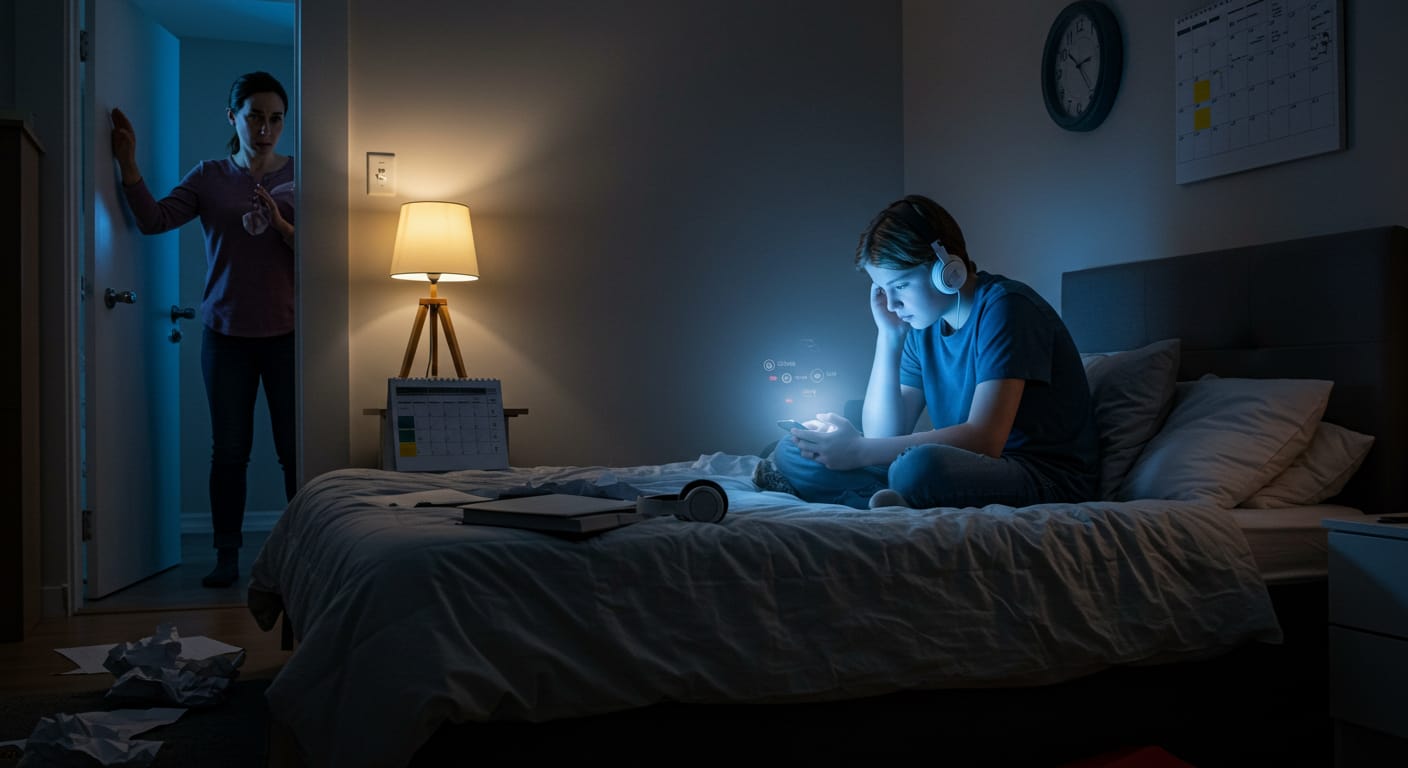Gamers – When Fun Turns to Fixation
Video game depression, loneliness, and addiction—are these digital pastimes just innocent fun, or are they slowly chipping away at your child’s mental health? If your kid spends hours locked into a screen, barely eating, avoiding real conversation, or skipping sleep, you may need to take a closer look.
“Let me tell you this: if you meet a loner, no matter what they tell you. It’s not because they enjoy solitude. It’s because they have tried to blend into the world before, and people continue to disappoint them.”
― Jodi Picoult, My Sister’s Keeper
When Escape Becomes the Only Option
Sure, gaming can be enjoyable. And yes, it can offer a brief distraction from anxiety or sadness. But gaming is not—and should not be—a replacement for real-world connection, emotional support, or therapy.
The World Health Organization has recognized video game addiction as a legitimate mental health disorder. That’s a big deal.
The Red Flags: Depression Triggered by Gaming
Interactive gaming—especially with friends—can actually be healthy. It provides social interaction and stimulation. But if your child is isolating, playing alone for hours, and avoiding real-life contact, the effects can become harmful.
A study by Dr. Michelle Colder Carras showed that children who had less in-game interaction were more prone to:
-
Anxiety
-
Loneliness
-
Lower self-esteem (especially in girls)
The why behind the gaming matters more than the what. Are they gaming to connect—or to escape?
When Games Become a Crutch
Using games to cope with emotional pain, rather than to build social skills or unwind with friends, can signal an underlying issue. These behaviors don’t just suggest addiction—they may mask deeper mental health problems like depression or anxiety.
And no, this doesn’t mean video games are the villain. They’re not. But they can become a problem when used in place of:
-
Human interaction
-
Coping tools
-
Emotional expression
-
Parental connection
How to Spot the Signs of Gaming-Driven Depression
If your child is experiencing unhealthy gaming habits, look for these warning signs:
-
Intense irritability when they can’t play
-
Constant thoughts about gaming
-
Decline in hygiene, skipping meals, or staying up all night
-
Isolation from family/friends
-
Lying about how long they play
Younger kids often don’t realize when gaming becomes a problem. Older teens may be more aware, but still need help to manage it.
What You Can Do – And What You Shouldn’t
Don’t just pull the plug and expect a solution. Understand first. Why is your child escaping into video games? What are they running from—or toward?
Here’s what helps:
-
Spend time gaming with them occasionally—connect through their world
-
Talk about their emotions gently, not with judgment
-
Encourage other outlets: sports, art, social clubs, or family activities
-
Watch for underlying depression, and seek professional support if needed
Most importantly: don’t ignore it. Gaming might seem harmless, but if it’s hiding a deeper issue, your attention could be the first step to healing.
Connection Beats Controllers
At the end of the day, your child doesn’t need just more rules—they need more connection. Instead of leaving them alone with the Xbox or PS5, join them in their world, then help guide them back to the real one. That’s the power of parenting—love in action.


